Realism and Aims of Education:
Realism recommends the following aims of education:
(1) Preparing the child for a Happy and Successful Life- The realists consider the ultimate aim of education is to prepare the child to lead a comfortable, successful, and happy life. Education must enable the child to adjust to his social environment and solve his problems of life successfully and lead a happy life promoting the welfare of society as well.
(2) Preparing the Child for a Real Life- The realists believe that education should prepare the child for a real life and practical life. Realists believe in the reality of knowledge of the external material world gained through the senses. Thus they wish to prepare the child for the real life of the material world.
(3) Developing the Physical and Mental Powers of the Child- The realists consider the physical development of a child along with intellectual development as the aim of education. According to Realism, the mind as well as the physical organs together constitute an organism composed of matter. Hence education should develop the physical and mental powers of the child so that with the help of his developed intelligence, power of discrimination, and judgment, he is able to solve all the problems of life successfully.
(4) Training of senses- Realists believe that knowledge is received through the senses. Therefore, education must impart training to the senses of a child and make him physically healthy. If the senses are not healthy (trained) the attainment of full knowledge of the external world will be impossible. Thus the fourth aim of realistic education is to develop and train the senses of the child through varied experiences.
(5) Acquainting the Child with Nature and Social Environment- Realism considers a child as the supreme entity who organized the state for his welfare. In this way, he is related both to the external Nature and the social environment. So he must receive education regarding healthy social relations, only then his adjustment to the social environment will be possible. Thus the aim of education is the social development of the child in social and natural environments. Education must enable the child to strike a balance between the two.
(6) Development of Scientific Outlook- Science is the basis of education according to realism. Science has played a very active role in its development. The knowledge of the material world is attained through science in the real sense of the term. Therefore the aim of education is to cultivate a scientific outlook.
(7) Imparting Vocational Education- Realism lays emphasis on material comforts and facilities. Attainment of material happiness is possible through vocation. This shows that realism lays emphasis on such education which has practical utility to children. Thus realism also advocated the vocational aim of education.

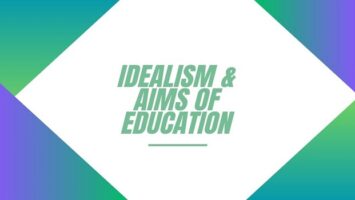
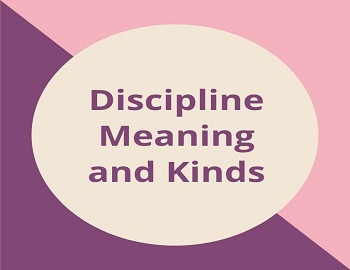
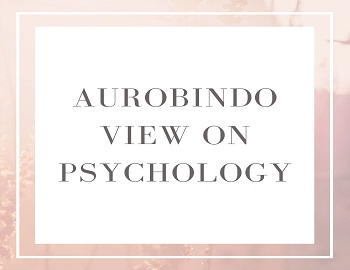
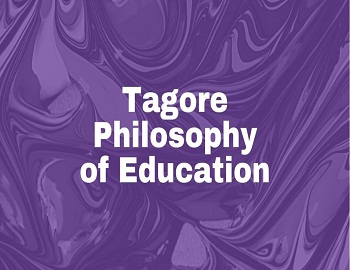
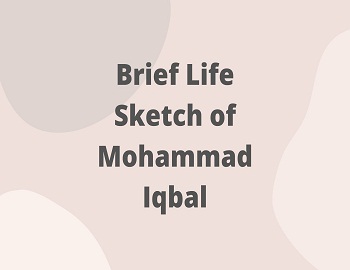
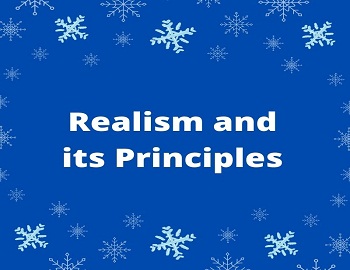


Comments (No)